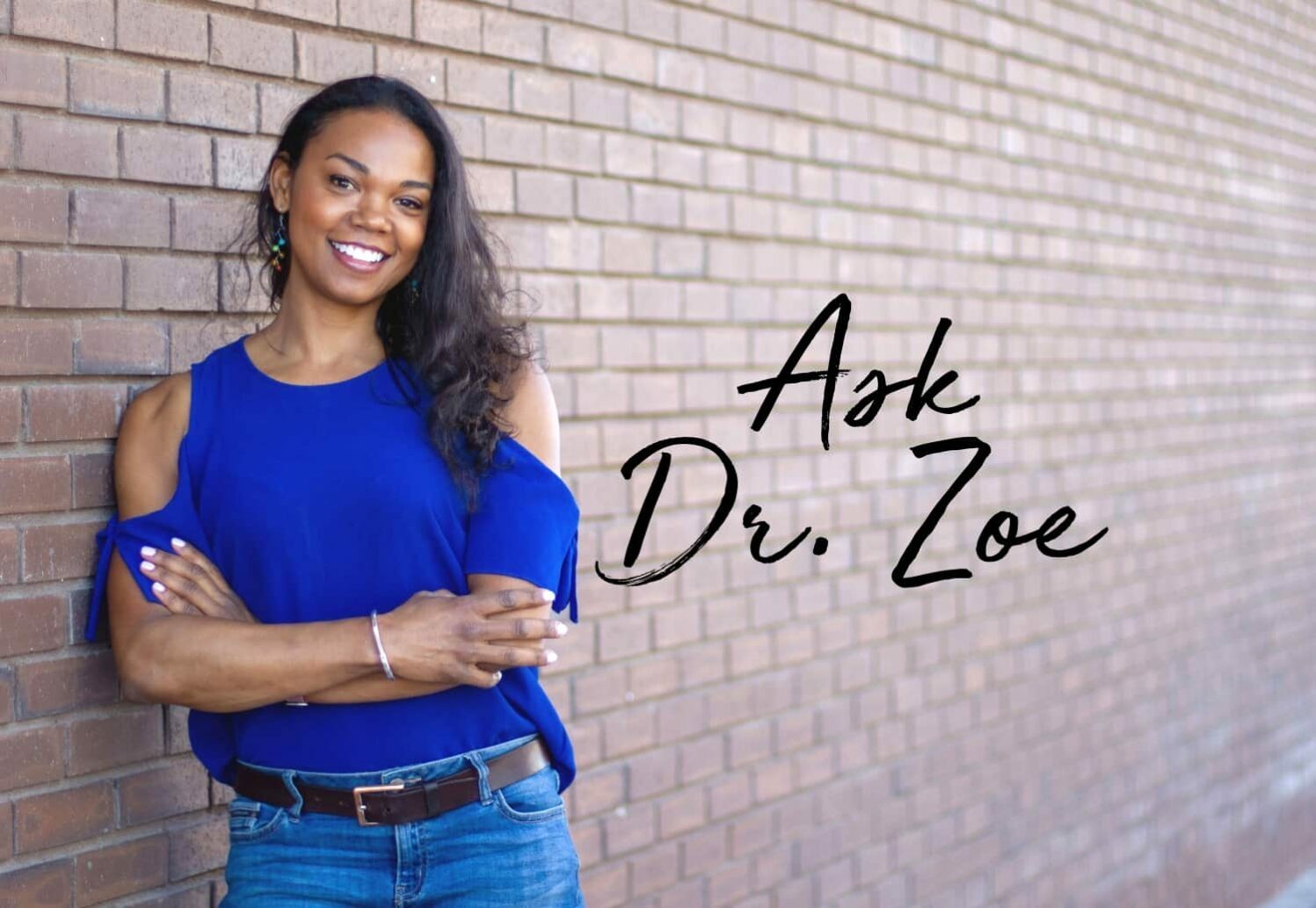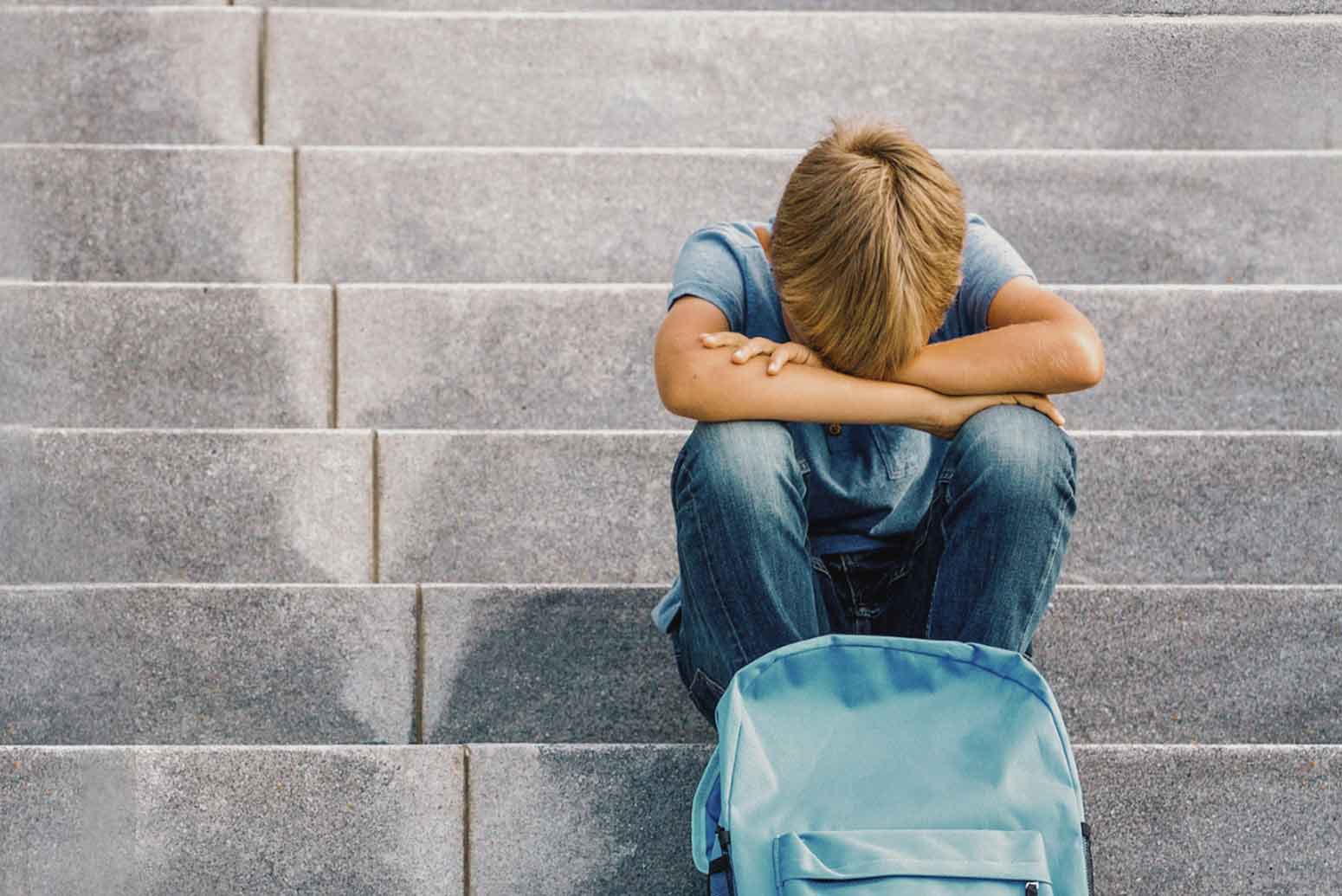My husband and I have always been dreamers and planners.
When we started dating, we dated with the intention of marriage being our end goal. We talked about life goals, dreams, that white picket fence, traveling plans, and of course, kids.
We wanted children. Lots of them. Running around, playing.
We wanted the chaos and the home filled with love and the laughter and the fun.
Husband came from a big family (he is one of six) and I came from a large blended family (I am one of seven).
But though our “plans” had children in them, the pressure of making sure we had “a plan” for when we wanted to start our family was there, loud and clear. I started on hormonal birth control pills a month before we walked down the aisle because it was just “what you do” before you get married, right? Plus, everyone knows getting pregnant is super easy; you just stop taking the pill or get the IUD removed and wham, bam, baby. Simple, right?
But what happens when your best-laid plans go awry?
The Mayo Clinic defines miscarriage as, “the spontaneous loss of a pregnancy before the 20th week.” The site continues to say that miscarriages are “common” and that about “10 to 20 percent of known pregnancies end in miscarriage” (Mayo Clinic, 2017).
I’m not a doctor. But as someone who has experienced multiple miscarriages in my early twenties, I would have to define the term “miscarriage” differently. The term seems so stale and overly medical, when it is much more than that.
My definition: living in the tension of having to deal with the death of someone you carried inside of you, that you weren’t able to meet before saying goodbye to. It’s not something God ever meant to happen, and it’s like our hearts know that; that’s why it hurts so much.
As someone who has experienced multiple miscarriages in my early twenties, I would have to define the term “miscarriage” differently.
We experienced an early first-trimester miscarriage due to a faulty IUD and we also experienced a miscarriage two weeks before entering the second trimester (the baby stopped growing).
Everyone around me was minimizing my pain. Like it was no big deal.
Most of the conversations with others (especially in the medical field) were harsh and uncaring; they felt the need to “correct me” when I said I had “lost my baby” by telling me “it was a bunch of cells” or “just a chemical pregnancy.”
But some people closest to me were, unfortunately, in that same field saying things like: “maybe next time you should wait until after the first trimester to tell us you’re pregnant” or “it was just a D&C, it’s not that big of a deal.”
And later, when Husband and I decided to try again for a child and I became pregnant, one family member told me to “not get too excited” which left me feeling like their hope in my body to complete this “simple task” of childbearing was completely gone.
Maybe that’s the problem with the conception and stigma surrounding miscarriages; we’re unknowingly taught by culture that having babies is easy and simple and that if you can’t then you’re “broken” or there is something “wrong” with you. Teenagers have babies. Women in their 50s have babies. Why can’t you?
And that brokenness in our world is not something that is deemed admirable; it’s something that should not be spoken about and something to be avoided at all costs.
This is when the shame comes in. The almost forced isolation. And the guilt.
Teenagers have babies. Women in their 50s have babies. Why can’t you?
And honestly, as a young, newly married woman in a “community” of others who I really thought shared the same values on human life as I did (that life starts at conception), I honestly felt very, very much alone and very alienated from even that group.
That first Mother’s Day where I was supposed to still be pregnant, but no longer was, hurt my soul and burned; partly for the grief I faced but more so from the complete lack of other women who just “ignored” the tragedy of death that happened in both my body and my world.
So, what do we do? What do those of us on the fray of pregnancy and dream loss do?
We speak up and share our stories.
We don’t bury the hurt in our hearts.

We don’t believe the lies in our society that tell us to not celebrate life or grieve the loss of life until a certain culturally acceptable date.
We need to dive into the world of hurt that other women around us are experiencing and help them carry that burden of loss.
We need to shut down the unseen, spoken, or not spoken pressures from an ignorant society that tells us to “be quiet” in our pain instead of “speaking about the pain.”
Maybe I’m becoming more outspoken in my older years (late 20s and life stuff does that), but I will no longer let other people force me to keep my pain silent because it makes them uncomfortable.
And friend, please don’t let them silence you.
Miscarriages are so heavy and much more than a simple medical term on a Google search; it’s terrible and life-changing…
I don’t know the perfect thing to say; maybe that was the predicament others were in when I walked down that path years ago, but maybe the best thing someone could say was nothing. Instead of words, just a hug, some prayers, some hope, some borrowed strength for the days, weeks, and years that follow after. Or maybe just someone else who remembers and grieves with you, because you know you always will.
I will no longer let other people force me to keep my pain silent because it makes them uncomfortable
—
For more encouragement for women facing infertility and miscarriage, we recommend:
Infertility Is an Interruption, but Not the End
This Is Why the Hidden Scars of Miscarriage Are so Painful
3 Reasons You Should Share Your Story
Love Not Lost: Giving the Best Gift to Grieving Families
What Your Grieving Friend Really Wants You to Know
Don’t miss these popular articles:
Overcoming Shame in the Grit and Grace Life
Battered Faith: Holding on to Hope Even When You Struggle
What to Do When He Didn’t Propose (But Should Have)
How Do I Know What Defines Me?
10 Ways to Boost Your Confidence
The Amanda Bynes Story—Finding Grit and Grace in Recovery
#gritandgracelife
You’ll enjoy this podcast episode from This Grit and Grace Life: Hardship Hit This Singer’s Life and She Chose to Fight! with Cameron James Pt. 1 – 048














